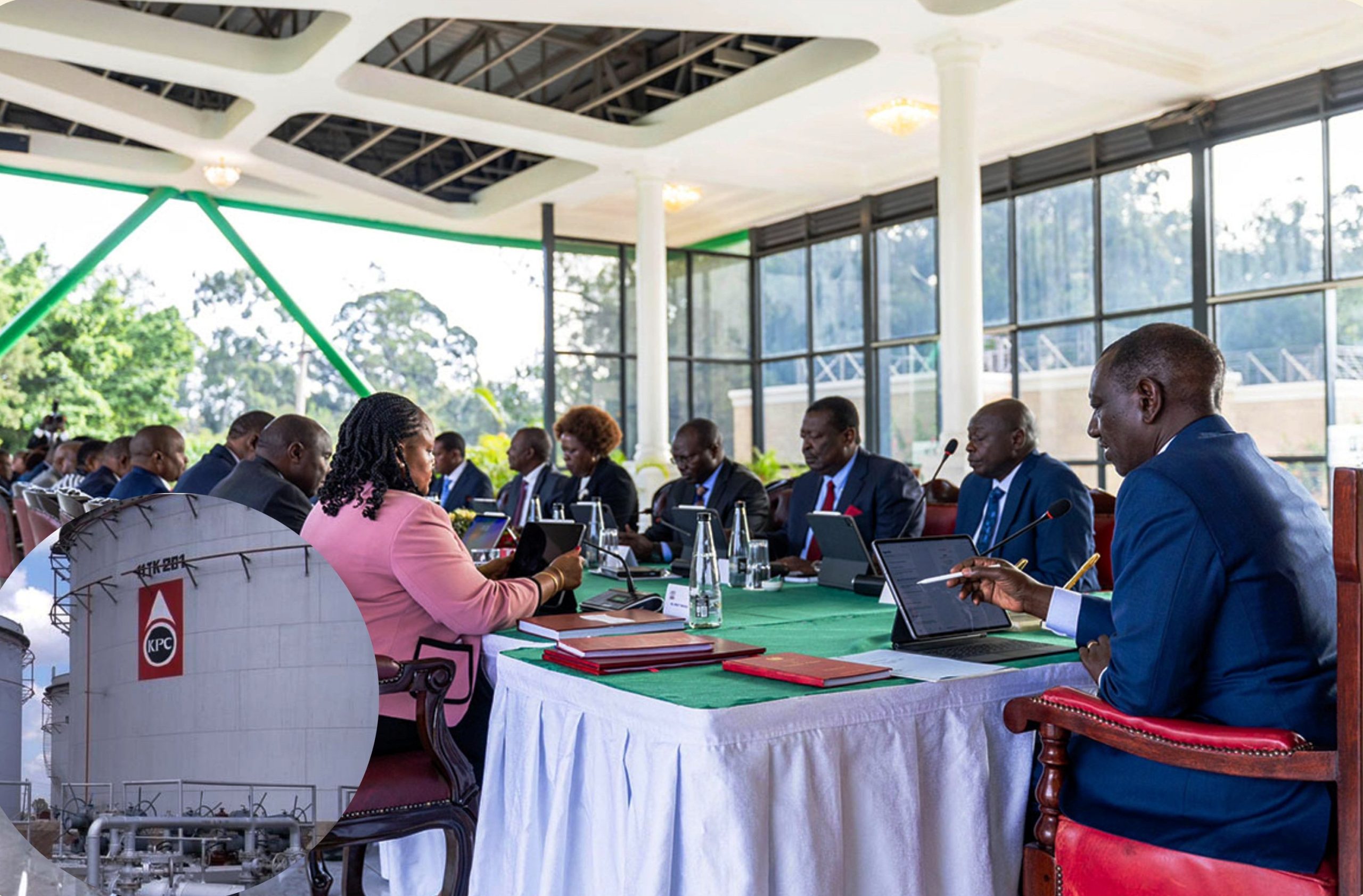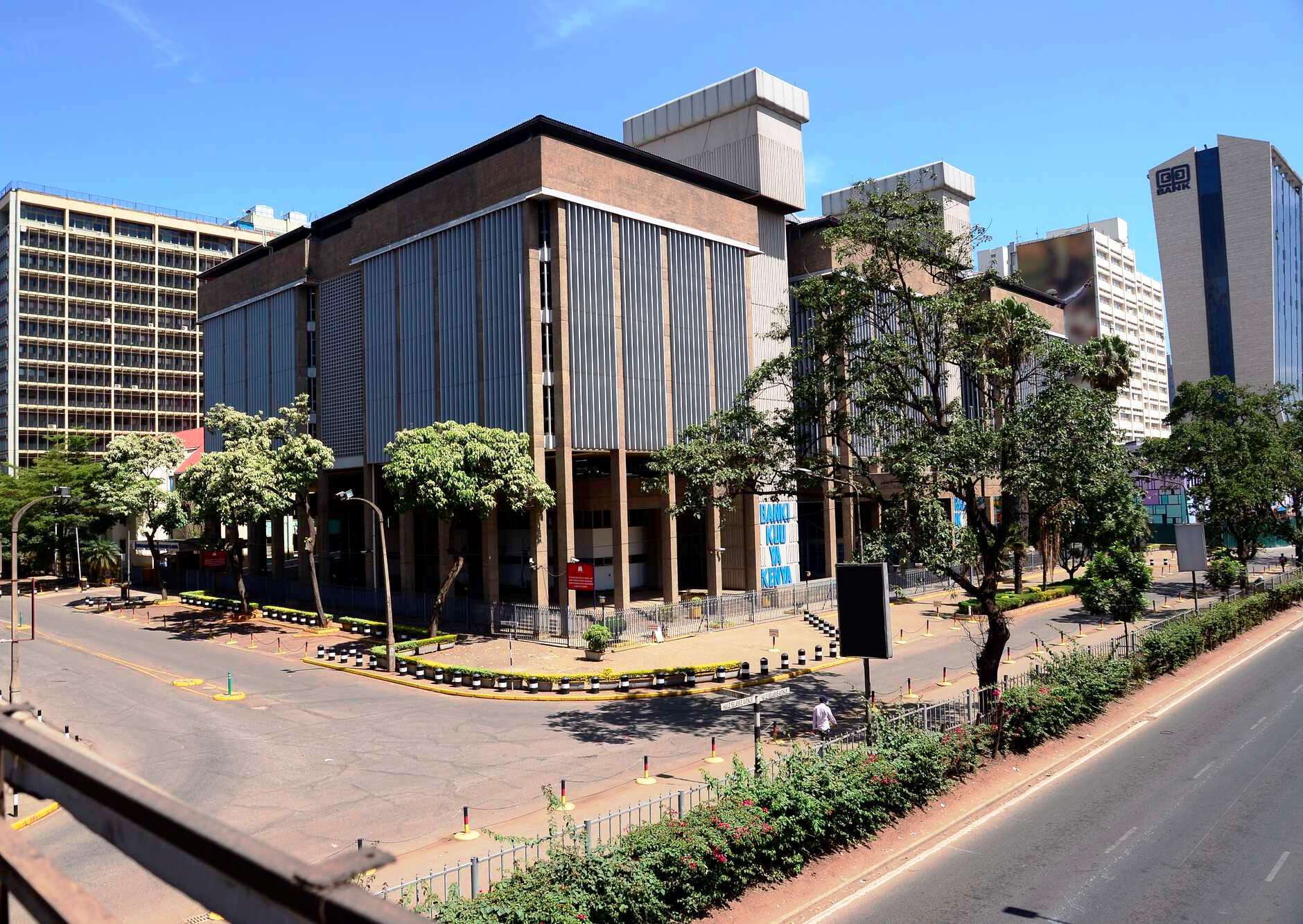While the official narrative speaks of enhancing operational efficiency, revitalising the capital markets, and reducing fiscal pressure, sceptics argue that the urgency surrounding the proposed sale hints at a far more controversial agenda.
KPC is no ordinary state corporation. Unlike many loss-making parastatals, it is consistently profitable and of strategic national importance. The company operates and maintains the country’s petroleum pipeline infrastructure, ensuring the uninterrupted flow of fuel from Mombasa to inland depots, a lifeline for Kenya’s economy.
Precisely because it is a financial success story, the proposal to sell a stake in KPC has raised eyebrows. In political and business circles, speculation abounds that influential individuals within the current administration are eyeing ownership. This has fuelled concerns about potential insider dealings and conflicts of interest.
The central fear is that politically connected actors may exploit the privatisation process to secure a stake in the company under the pretext of reform. The absence of transparency, public consultation, and robust stakeholder engagement has only intensified these suspicions.
The International Monetary Fund (IMF) and the World Bank, long-time influencers of Kenya’s economic policy, are also perceived to be pushing the privatisation agenda. While these institutions advocate liberalisation as a route to economic growth, their policy prescriptions often overlook the complexities of Kenya’s socio-political landscape. Previous privatisation exercises, guided by these global lenders, have delivered mixed outcomes, some ending in corporate collapse, significant job losses, and increased inequality.
Public scepticism, therefore, is not without basis. Legal challenges are likely if transparency, accountability, and value-for-money principles are not upheld. Civil society organisations, trade unions, and opposition leaders are already demanding greater clarity and inclusivity in the process, warning that any attempt to privatise KPC without sufficient safeguards will face stiff resistance.
To be fair, there are sound economic arguments for a partial listing of KPC on the NSE. Kenya’s capital markets have experienced stagnation, marked by falling investor confidence and a dearth of new listings. A properly managed initial public offering (IPO) of KPC could rejuvenate the market, create new investment opportunities for ordinary citizens, and provide the Treasury with much-needed revenue for development.
Nonetheless, a crucial question remains: is this move genuinely driven by the need for national efficiency, or is it yet another scheme to convert public assets into private fortunes?
Only time will tell. But one thing is clear: the public is watching closely, and this time, they are not staying silent.
[/full]





